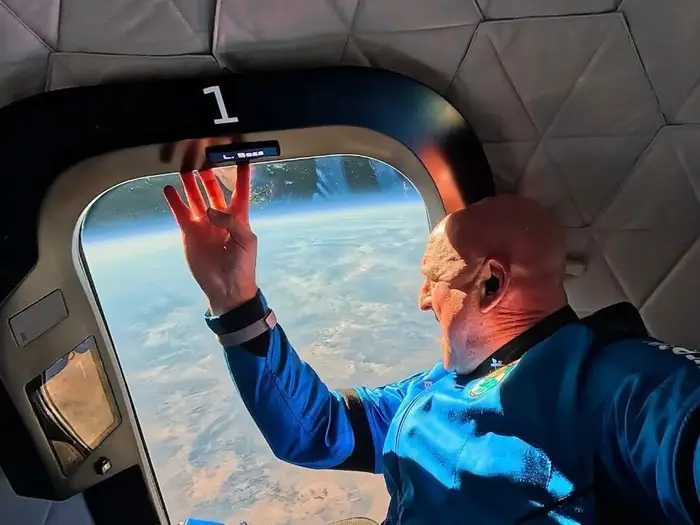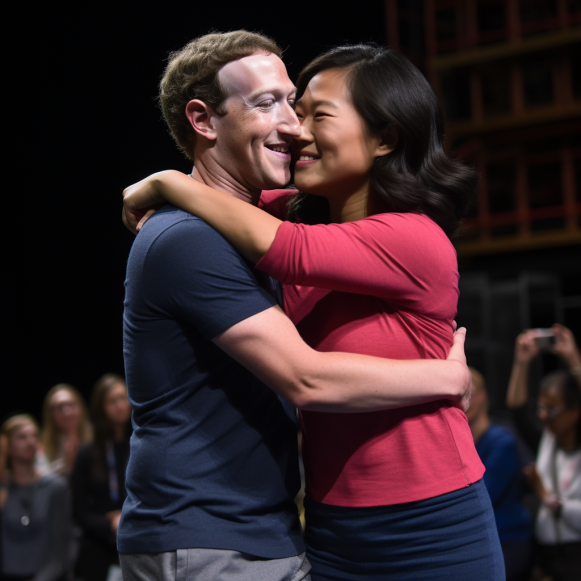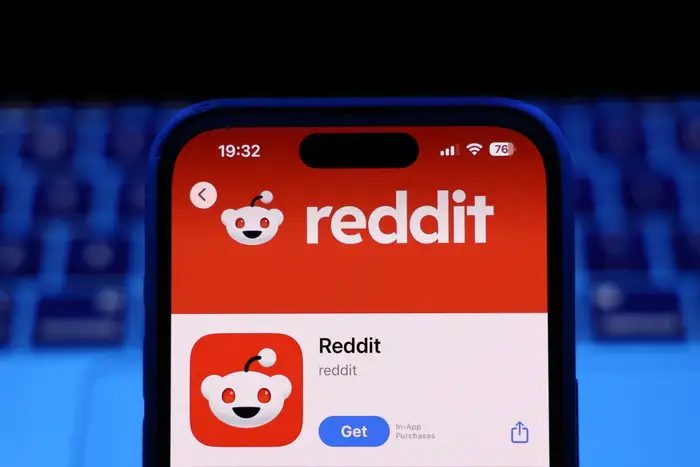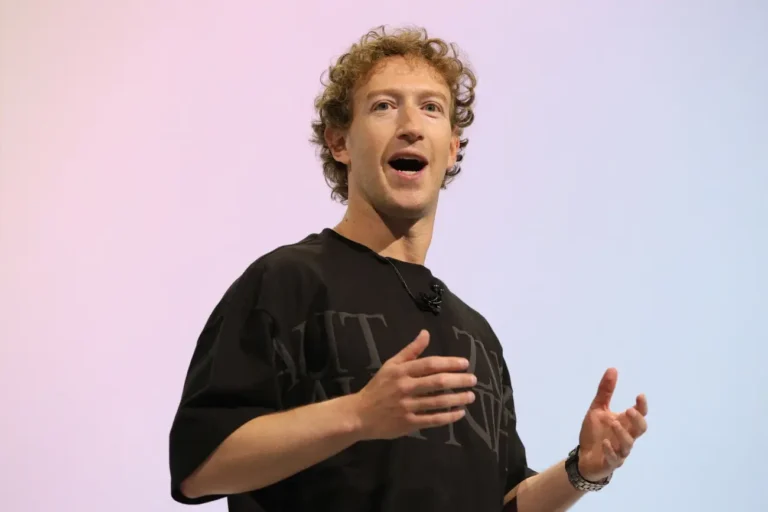Tesla investors don’t seem to trust Elon Musk like they used to. Is that because of Twitter?
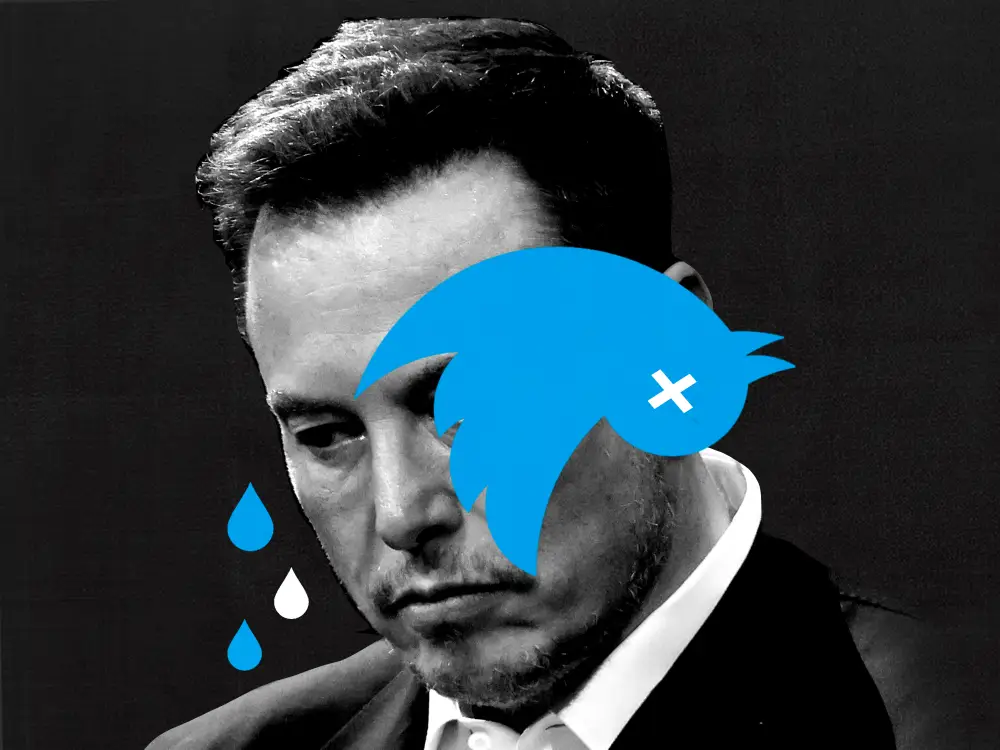
Do Tesla investors trust Elon Musk less after his purchase of Twitter?
On Thursday evening, Elon Musk — who never likes to do things small when he can go big — showed off his newest would-be products: not just a self-driving robotaxi, but also a self-driving Robovan. And that wasn’t all: Musk also promised to eventually deliver Star Wars-style robots that will cost $30,000 apiece.
One day, every person on earth would want to own a Muskbot, he said: “I think this will be the biggest product ever, of any kind.”
pic.twitter.com/VK9vlGF0Ms
— Elon Musk (@elonmusk) October 11, 2024
The next day, Wall Street declared itself thoroughly unimpressed: Investors knocked down Tesla shares by nearly 9%.
There are plenty of reasons for Tesla shareholders to be skeptical about Musk’s pitch, as my colleagues have explained. To boil them down to two sentences: Self-driving taxis, at scale, involve an enormous number of technical and regulatory challenges. Musk has a well-established track record of promising Tesla products and features that either arrive well after he first promised, or never at all.
And those Muskbots, at the moment, sure seem more like a special effect than a product.

https://www.threads.net/@bird_hustle/post/DA-8BjBsWRV?xmt
But I also wonder how much of the skepticism has nothing to do with Musk’s track record at Tesla — and something to do with his track record at the company that used to be called Twitter.
And that argument — and to be clear, it’s really just a hunch — goes something like this: Prior to Musk’s purchase of Twitter in October 2022, the Musk bio was “tech maverick who does the impossible, and revolutionized cars and rockets.” Now it’s “tech maverick who has been enormously successful when it comes to cars and rockets, but whose ownership of Twitter has been incredibly erratic and self-destructive.”
Plenty of Musk fans were comfortable with both versions of the world’s richest man for some time. The theory was that even if he was screwing up at Twitter — which he now calls X — that shouldn’t diminish what he has accomplished at Tesla and SpaceX.
Musk is “the bravest, most creative person on the planet,” former Netflix CEO Reed Hastings declared in November 2022 — a month into Musk’s chaotic tenure at Twitter. “Give this guy a break.”
Since then, Musk has watched advertisers flee, told them to “go fuck yourself,” and watched the value of his $44 billion investment plummet.
And at the same time, Tesla investors no longer seem so forgiving. Since Musk acquired Twitter — after failing at his attempt to back out of a signed deal to acquire Twitter — Tesla shares are down 4.7%. Over the same period, the S&P index is up 49%

As you can see in the chart above, Tesla is a story stock that often gyrates wildly. If I’d written this piece in July 2023, it might have had a completely different conclusion. Something like “Tesla investors don’t care about Musk’s Twitter travails — at all.”
And Tesla shares are still way, way higher than they were before the 2020 pandemic when they went on a tear and never looked back.
Meanwhile, Musk still has many, many fans — some of whom are pretty serious tech investors, like Benchmark’s Bill Gurley — who think that Musk’s approach to self-driving cars will end up being much better and cheaper than those of Uber and Waymo.
If that pans out, the theory goes, then Tesla will ultimately own a ginormous market. Which means the stock is actually undervalued.
Maybe that will end up being true! I am most definitely not handing out investment advice here. It just seems that investors aren’t quite as forgiving when it comes to Musk’s predictions as they used to be. And maybe there’s a reason for that.

